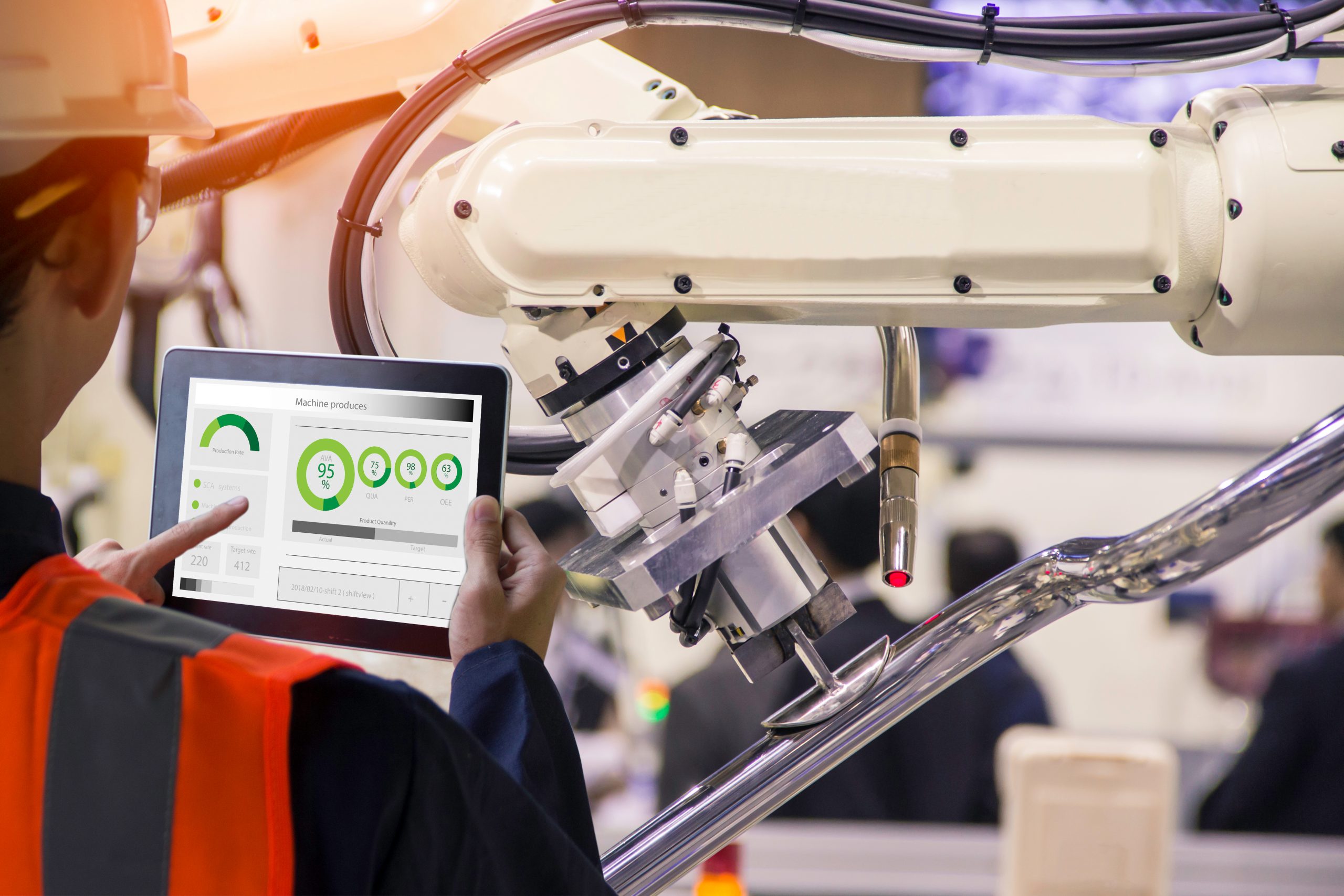Implementation of Artificial Intelligence in Industry – In the ever-evolving digital era, artificial intelligence (AI) has become one of the most prominent technologies. AI’s ability to process information, learn, and make human-like decisions has changed the face of many industries. The implementation of artificial intelligence in industry has opened new doors for limitless efficiency, innovation and progress.

Implementation of Artificial Intelligence in Industry
One industry that
Heavily influenced by the implementation of artificial intelligence is the manufacturing industry. With AI, production processes can be optimized by increasing efficiency, speed and quality. AI systems can control production machines, analyze sensor data, and predict potential breakdowns or failures. This allows manufacturers to take any necessary preventive or corrective actions before problems become more serious. In addition, the implementation of artificial intelligence also allows for more personalized mass production, with the ability to customize products according to individual customer preferences.
The transportation industry
has also undergone a transformation through artificial intelligence. AI has helped improve transportation safety and efficiency, both in autonomous vehicle systems and in traffic management. Autonomous cars with AI technology can detect and avoid obstacles, optimize travel routes and reduce the likelihood of accidents. On the other hand, an AI system integrated in traffic management can analyze traffic patterns, predict congestion and provide optimal solutions to reduce road congestion. The implementation of artificial intelligence has also led to advancements in the public transport sector, with the use of chatbots or virtual assistants to provide passengers with real-time information.
The health sector is also not left behind in applying artificial intelligence. Medical diagnostics has become more accurate and efficient with the help of AI. The AI system can analyze patient medical data, compare it with a large database of previous cases, and provide more precise diagnosis recommendations. In addition, AI can assist in research and development of new drugs by predicting the effective potential of molecules through modeling and simulation. The implementation of artificial intelligence also enables telemedicine by facilitating online consultations, patient monitoring, and drug delivery.
In the banking and financial sector
artificial intelligence has brought significant transformations. AI is used in credit risk analysis, investment portfolio management, fraud detection and customer service. AI systems can analyze historical data and market trends to make smarter investment decisions. The use of chatbots and virtual assistants in customer service enables fast and accurate responses to customer inquiries and requests.
However, the implementation of artificial intelligence in industry also poses several challenges. One of them is concern related to privacy and data security. The extensive use of customer data by AI systems requires strong safeguards to prevent misuse of personal information. In addition, there are also concerns regarding the potential replacement of human labor by more efficient AI machines. Therefore, it is important to develop appropriate policies and regulations to ensure the implementation of artificial intelligence goes hand in hand with social and human interests.
In conclusion, the implementation of artificial intelligence has changed various industries in unexpected ways. In manufacturing, transportation, healthcare, banking, and more, AI is driving efficiency, innovation, and advancement. However, challenges related to data privacy and social impact need to be addressed wisely. By combining artificial intelligence with human thinking, we can achieve continuous progress and harness the full potential of this technology for a better future in industry.